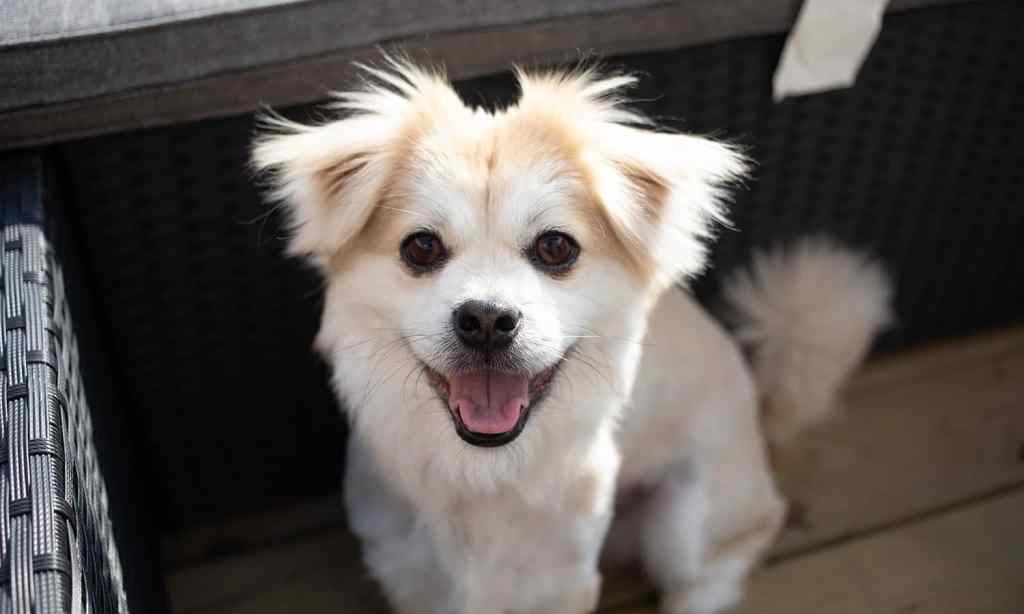In an effort to flatten the curve and reduce the number of COVID-19 cases in Australia, we’re being told to stay at home, avoid mass gatherings, and practice social distancing.
And while the mere thought of being quarantined at home feels daunting for many, we don’t have to self-isolate alone, because the RSPCA are continually seeking loving carers to foster their adorable pups and kitties, even now in the coronavirus pandemic. And truly, we couldn’t think of a better quarantine companion.
Pets, in general, have been scientifically found time and time again to improve our quality of life. From reducing anxiety and stress levels (key in these unprecedented times) to quite literally making us happier, there are many science-backed reasons why having a fur baby around would be wildly beneficial in self-isolation.
Pets also give us purpose and encourage us to follow a routine, and when our day-to-days look so uncertain and are typically carried out within four walls, this can be game-changing for our own state of emotional wellness.
If looking after a dog or cat sounds appealing in this time, simply contact your local RSPCA and follow the regular procedure that matches pets with carers.
Pets in foster care need extra love and care, usually because they’re too small or young to be adopted, recovering from illness or surgery and are undergoing rehabilitation, or find the shelter environment too stressful. Essentially, they need extra snuggles and attention, and since you’ll be home, you’ll have just that to give.
Kieran Watson, RSPCA NSW spokesperson, tells TheLatch— exclusively:
“Becoming a foster carer is an opportunity to make a real difference to the lives of animals in need. Some animals find the shelter environment too stressful, and it is incredibly rewarding to be able to support animals when they need us the most.
“If you are after some companionship during this time of isolation, consider providing a home for an animal in need.”
The kinds of animals that continuously need foster care include cats, dogs, chicks, ducklings, goats, lambs, litters of kittens and litters of puppies — all the cute and furry things that put smiles on our faces.
Got room in your home for a furry friend more permanently? Consider adopting your new best friend today.
The World Health Organisation says there is currently no evidence to suggest that pets like dogs or cats can be infected with COVID-19.
The current health crisis is evolving rapidly. If you suspect you or a family member has coronavirus you should call (not visit) your GP or ring the national Coronavirus Health Information Hotline on 1800 020 080.







